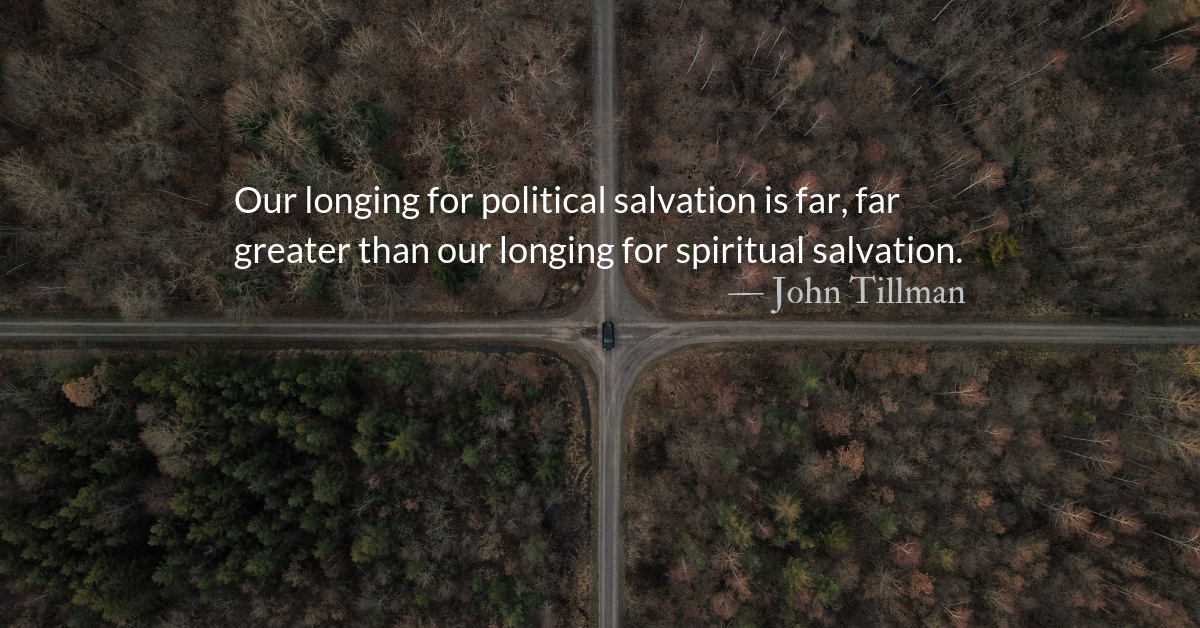Psalm 27.12
Do not turn me over to the desire of my foes,
for false witnesses rise up against me,
spouting malicious accusations.
From John:
I prepare and post these devotionals approximately 36 hours before they go out, so as I finished writing this post and prepared it for posting, Notre Dame was still smoldering.
Today’s psalm gives us balm for this wound as well:
One thing I ask from the Lord,
this only do I seek:
that I may dwell in the house of the Lord
all the days of my life,
to gaze on the beauty of the Lord
and to seek him in his temple.
For in the day of trouble
he will keep me safe in his dwelling;
he will hide me in the shelter of his sacred tent
and set me high upon a rock. — Psalm 27.4-5
Our joint suffering with and for one another is part of being made one in Christ. May our prayers continue to rise for our brothers and sisters observing Holy Week in the midst of such tragedy.
Reflection: The Path of the Betrayer
By John Tillman
Wednesday is the day that it is most likely that Judas sought out the religious leaders to betray Jesus. It is amazing that it took this long.
John tells us that Jesus knew early on who the betrayer was and that, early in the week, the idea was already placed in Judas’s heart, by Satan. His motivation could have been simple revenge for being corrected publicly about Mary’s offering. His motivation could have been merely financial. (He was already stealing from Christ’s ministry fund.) But it is surely more complicated than any one, simple reason.
By Wednesday it was evident that the nationalistic dreams of the disciples and the crowds who waved palm branches (a symbol of the Maccabean revolt) were not shared by Jesus. He didn’t attack the Romans. He met with Greeks. He even failed to endorse a religious exemption for paying taxes to an idolatrous government.
For our reflection, it is valuable to remember that all the disciples felt let down by Jesus in the political realm. Peter rebuked Christ for predicting his death and fought to prevent his arrest. Surely Judas and others felt the same. (Judas seemed shocked to remorse when Jesus was convicted.) Even up to the moment of Christ’s ascension to Heaven, the disciples asked, “Lord, are you at this time going to restore the kingdom to Israel?”
Like the disciples, our longing for political salvation is far, far greater than our longing for spiritual salvation. This is because we don’t want to be made better people. We prefer others be forced to subject themselves to our weaknesses and sins—to accept us the way we are.
We are setting ourselves up for disillusionment if we mistakenly believe that Christ’s mission is to set us up in power, to bring us earthly authority, or to establish any kingdom other than a heavenly one.
By the end of the week, Judas will be dead and Jesus will step fully into the role John the Baptist first identified him as: The Lamb of God. He is the rejected one, the one who washed his betrayers’ feet, the one who submitted to death, the one who forgave his executioners. If we want to rise with him on Sunday, we must be prepared to die with him on Friday.
Jesus and Judas both offer us a path to follow.
What do we long for more than we long for Christ? Not letting go of it is choosing the path of Judas.
Prayer: A Reading
…Judas Iscariot, one of the Twelve, approached the chief priests with an offer to hand Jesus over to them. They were delighted to hear it, and promised to give him money; and he began to look for a way of betraying him when the opportunity should occur. — Mark 14.10-11
– From The Divine Hours: Prayers for Springtime by Phyllis Tickle.
Today’s Readings
Leviticus 21 (Listen – 3:08)
Psalm 26-27 (Listen – 3:13)
Thank You!
Thank you for reading and a huge thank you to those who donate to our ministry, keeping The Park Forum ad-free and enabling us to continue to produce fresh content. Every year our donors help us produce over 100,000 words of free devotionals. Follow this link to support our readers.
Read more about Learning from Judas
Jesus Christ Superstar shows Jesus’ last week of ministry as the looming failure that Judas must have perceived it to be.
Read more about In the Face of Betrayal
Imagine his face looking at Judas…The look you imagine on Christ’s face in these moments says a lot about what you believe about who Jesus is and what his character is like.







